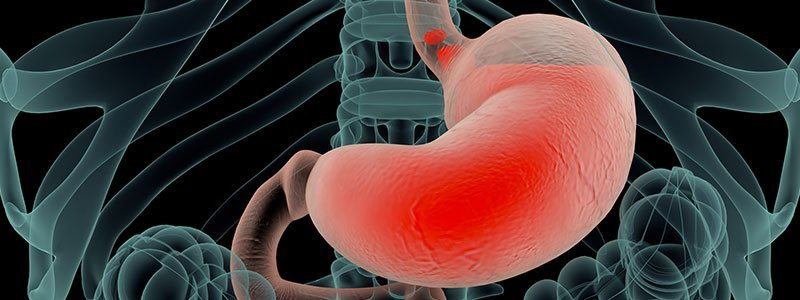Table of Contents
What is Indigestion?
Indigestion medically termed as dyspepsia is a condition that causes discomfort in the upper abdomen usually after or during eating and drinking. Indigestion is triggered by eating habits. Dyspepsia is caused due to overeating, consumption of alcohol along with food, eating spicy and oily foods.
It is a common problem which every individual must have experienced at some point in their lives. It is most likely not linked to any underlying medical conditions. Dyspepsia causes pain in the abdomen leading to belching, bloating, and nausea.
Causes of Indigestion
Indigestion is mainly caused when stomach acid comes in contact with the mucosal lining, which is the protective lining of the digestive tract. The acid breaks down the lining leading to irritation and inflammation. Which is very painful.
In most cases, Dyspepsia is caused due to eating habits and can be triggered also by smoking, drinking alcohol, stress, pregnancy and, taking certain medications. Sometimes it can also be caused due too, digestive conditions like gastritis, peptic ulcer, gallstones, intestinal cancer, celiac disease, and constipation.
Read More: Coronavirus (Covid-19) Causes | Heartburn Causes
Symptoms of Indigestion
Symptoms of indigestion may vary from person to person depending upon the intensity. Some people may experience only mild symptoms like abdominal pain, bloating, and burning. Dyspepsia may recur daily.
However, some common symptoms are:
- Heartburn
- Burning, pain in the abdomen
- Nausea and Vomiting
- Bloating
- Feeling full after eating or drinking
- Burping
In some cases, it can also lead to a heart attack. Consult your doctor immediately if you are experiencing difficulties like chest pain, breathlessness, pain in arms and shoulders, burning feelings in the chest.
Read More: Headache Symptoms
Diagnosis
Your doctor will ask you questions about your eating habits, medical history and start a physical examination. The examination would be sufficient to rule out your indigestion is mild and you’re not experiencing any severe symptoms.
But if you’re experiencing severe symptoms and you are aging more than 55 your doctor will recommend for
- blood stool samples to check for peptic ulcers.
- Endoscopic examination to check abnormalities in the upper abdomen
- Laboratory tests for checking metabolic diseases
Read More: Diarrhoea Diagnosis
Treatment of Indigestion
Lifestyle adjustments and dietary changes can help you relieve indigestion. Your doctor may recommend
- Avoid overeating and cut down the portion of every meal
- Avoid spicy and oily foods
- Reduce stress and anxiety
- Reduce alcohol and caffeine consumption
- find alternative medicines that are responsible for causing indigestion
If your Dyspepsia persists you can take some over the counter medicines to get relief
- Antacids will neutralize the stomach acid
- Proton pump inhibitors to reduce the amount of acid production
- Antibiotics to treat bacterial infections like H.Pylori
Read More: Stomach Gas Treatment
Complications
This disease doesn’t have any serious complications, but it can cause discomfort and pain while eating. But if you’re suffering from severe and persistent indigestion it can lead to complications like esophageal strictures, peritonitis, and pyloric stenosis.
Precautions of Indigestion
The risk of indigestion can be reduced by
- Eating smaller meals by chewing thoroughly before swallowing
- Exercising regularly to maintain a healthy weight
- Avoid oily, spicy foods, caffeine alcohol, and other foods that can trigger indigestion
- Try yoga and meditation daily to manage stress and anxiety
- Change your ongoing medications if they are causing the problem.
